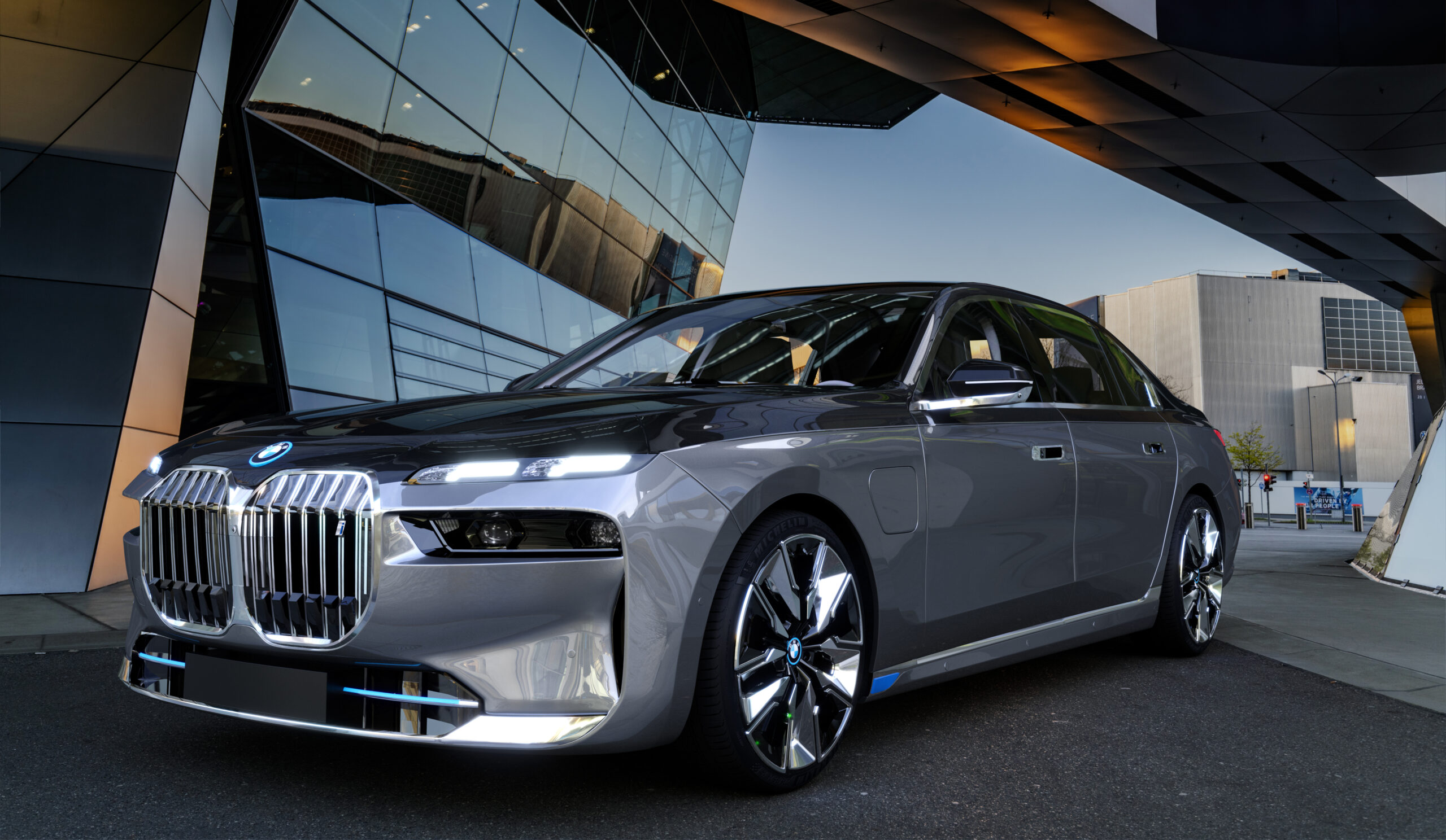
The Environmental Impact of Car Leasing
Car leasing is a popular alternative to buying vehicles, providing flexibility and lower monthly payments. But beyond the financial advantages, leasing can also offer environmental benefits, especially when compared to traditional car ownership. This article explores how leasing can be more environmentally friendly and examines the broader impact of car leasing on sustainability.
Environmental Benefits of Car Leasing
- Access to Newer, More Efficient Vehicles
One of the primary environmental advantages of leasing is that it allows drivers to access newer vehicles that often come equipped with the latest in fuel-efficient and low-emission technology.
– Advanced Technology: New cars are designed to meet stricter emission standards and often include advanced technologies like hybrid or electric powertrains, which significantly reduce carbon footprints compared to older models.
– Improved Fuel Efficiency: Modern vehicles generally offer better fuel efficiency due to advancements in engine technology, aerodynamics, and materials. Leasing ensures that drivers can benefit from these improvements without long-term commitments.
- Incentives for Eco-Friendly Vehicles
Leasing companies often offer attractive deals on eco-friendly vehicles, such as electric and hybrid cars, making it easier for consumers to choose sustainable options.
– Electric Vehicles (EVs): EVs produce zero tailpipe emissions, which helps reduce air pollution and greenhouse gases. Leasing an EV allows you to drive a car that contributes to cleaner air without the high upfront costs associated with purchasing.
– Hybrid Vehicles: Hybrids combine traditional engines with electric power, improving fuel efficiency and reducing emissions. Leasing makes these vehicles accessible to a broader audience, promoting their use.
- Lower Average Mileage
Leased vehicles typically have mileage limits that discourage excessive use. Lower mileage helps to reduce overall emissions and wear on the vehicle.
– Reduced Driving: Many lease agreements come with mileage limits that encourage drivers to use their vehicles more efficiently. This reduction in driving can contribute to fewer emissions over the life of the vehicle.
– Efficient Use: Lease agreements often include options for lower mileage allowances, which helps to curb the environmental impact of unnecessary travel.
- Encouragement of Regular Maintenance
Leased vehicles are usually subject to regular maintenance as part of the lease agreement. Proper maintenance ensures that vehicles operate efficiently and meet emissions standards.
– Routine Checks: Regular servicing helps to keep vehicles in optimal condition, ensuring that they remain fuel-efficient and environmentally friendly.
– Manufacturer Warranties: New lease vehicles often come with comprehensive warranties that cover maintenance and repairs, ensuring that any issues affecting emissions or fuel efficiency are promptly addressed.
- Less Waste and Recycling
When a lease ends, vehicles are often returned and then refurbished or recycled, which can be more environmentally responsible than the end-of-life disposal of owned vehicles.
– Refurbishment: Many leasing companies refurbish returned vehicles, extending their life and reducing waste. This process can include updates to technology or improvements in fuel efficiency.
– Recycling: Vehicles that are no longer viable for refurbishment are often dismantled, with parts and materials recycled. This approach reduces the environmental impact of waste compared to scrapping a vehicle that has been purchased and owned for many years.
The Broader Impact of Car Leasing on Sustainability
- Promoting Sustainable Practices
Leasing companies and manufacturers are increasingly adopting sustainable practices, driven by consumer demand for eco-friendly options.
– Green Initiatives: Many leasing companies have introduced programmes and incentives to promote the use of electric and hybrid vehicles, contributing to broader environmental goals.
– Corporate Responsibility: Car manufacturers are investing in sustainable technologies and practices, with leased vehicles often representing the forefront of these advancements.
- Encouraging Vehicle Turnover
Leasing encourages a higher turnover of vehicles, which can be beneficial for the environment when it leads to the adoption of newer, cleaner technologies.
– Innovation: Frequent vehicle turnover ensures that consumers have access to the latest technology and improvements in environmental performance.
– Technology Upgrades: Newer models with better emissions and efficiency standards contribute to reduced overall environmental impact.
- Reducing Long-Term Environmental Impact
Leasing can help reduce the long-term environmental impact of driving by encouraging the use of newer, more efficient vehicles and fostering the adoption of sustainable technologies.
– Lifecycle Benefits: By leasing rather than owning, consumers contribute to a cycle where vehicles are updated and replaced with newer, more efficient models.
– Sustainability Goals: The leasing industry’s shift towards offering more eco-friendly options supports broader environmental sustainability goals and helps to reduce the overall carbon footprint.
Choosing Eco-Friendly Leasing Options
If you are concerned about the environmental impact of your car lease, consider the following tips for choosing eco-friendly options:
- Opt for Electric or Hybrid Vehicles
Electric and hybrid vehicles are the most environmentally friendly choices. Leasing companies often offer attractive deals on these types of vehicles.
– Electric Vehicles: Look for leases that include electric cars, which produce no tailpipe emissions and help to reduce air pollution.
– Hybrid Vehicles: Hybrids offer improved fuel efficiency and lower emissions compared to conventional petrol or diesel vehicles.
- Check for Green Certifications
Some leasing companies and vehicles come with green certifications that indicate they meet certain environmental standards.
– Certifications: Look for vehicles that have been certified for low emissions or high fuel efficiency. These certifications can help you make an informed decision about the environmental impact of your lease.
- Consider Lower Mileage Options
Choose lease agreements with lower mileage limits to encourage more efficient use of the vehicle and reduce overall emissions.
– Mileage Limits: Evaluate your driving habits and select a lease with a mileage limit that aligns with your needs while promoting efficient use.
- Review Lease Terms for Maintenance
Ensure that the lease includes comprehensive maintenance provisions to keep the vehicle in good condition and optimise its environmental performance.
– Maintenance Packages: Look for leases that offer routine maintenance as part of the agreement. This helps to ensure that the vehicle remains efficient and adheres to emissions standards.
Explore Our Eco-Friendly Lease Options
If you’re interested in reducing your environmental impact while enjoying the benefits of leasing, visit our website to explore our eco-friendly lease options. We offer a range of vehicles, including electric and hybrid models, designed to help you make a positive contribution to sustainability.
Conclusion
Car leasing offers several environmental benefits, including access to newer, more efficient vehicles, encouragement of eco-friendly practices, and reduced overall emissions. By opting for leases on electric or hybrid vehicles and choosing agreements that support maintenance and lower mileage, you can further enhance the environmental impact of your choice. Explore our site to discover the best eco-friendly leasing options and take a step towards a more sustainable driving experienc








